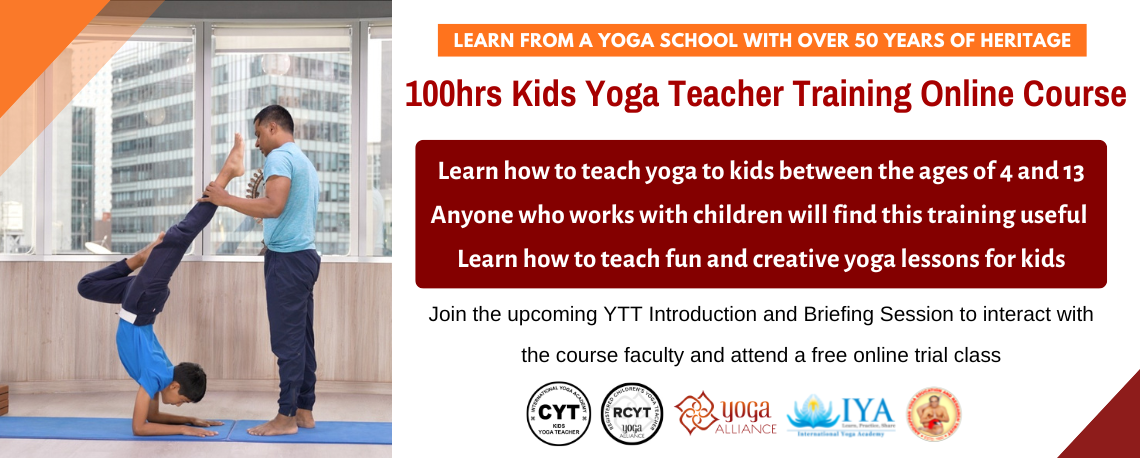‘What is the purpose of life?’, has been a matter of contemplation for many philosophers, scientists, sociologist and saints. Purpose is defined as the reason for which something exists or is done, made or used. Simply put,pula pula inflavel if we have got this birth, then how are we putting it to use? There can be many different ways. Looking at their life and motive of living, it is easy to differentiate people into three types.
Let us look at the first one. These are individuals who work on the principles of ‘get, get and get more’. Their sole objective is to derive what they can from everything and everyone, as if the whole world is meant for them and everything should serve them. It is like living at the cost of others.
The second type is often found quoting the famous slogan, “live and let live”. Decoded, for them it means to ‘give the least to others and get the most from others’.
The third kind is rare in this time and age. These are the ones who truly wish to live for others. Their approach is always ‘to give’. Apparently, for most of us, the third one seems to be the most difficult lifestyle to emulate.
As a matter of the fact ‘to give’ approach is in conformity with the Universe. Just take a look around and you would observe that everything is ‘giving’. If you are sitting in a room, you would notice that the bulb or the lights are giving light. The chair or the couch you may be sitting on is giving comfort. The sun outside is providing heat and light to all. The flowers in the garden are giving fragrance. God, the Supreme Father, is known universally as the giver.
This principle of giving leads us to another principle, ‘Nothing in this world exists for itself’. The fruits growing on the tree are not eaten by the tree. The well or the river never drinks its own water. The sun is not using its own heat and light. The comfort provided by an armchair is not meant for it. Nothing has utility by itself. It is of value when it serves others.
As human beings, we also feel joy in giving. There is a feeling of burden or obligation when we are at the receiving end of any favour, material or otherwise. This law holds true: “As you give, so shall you receive”. Therefore, the wise remind us “to get respect, give respect”, “to get love, give love” and “to get blessings, give blessings”. This law works even at the level of the vibrations of thoughts.
Many would put thinking caps on, wondering how to work without motivation? Is it possible or even worth working for something without expecting a return? The truth is if we first think of the reward and then perform the action, the action becomes vitiated. For example, if a minister has to sanction the construction of a bridge, before giving his approval he may calculate what he would get in return. Most people do good only if they foresee getting something in return. The ideal approach is: A good action must be performed because it is a good action.
Apart from the two spiritual principles mentioned above, there are others working all the times. Let us consider the third: ‘mere possession of objects of desire, goods, things etc is no guarantee of your happiness’. The same thing can become an object of sorrow. The relationship which was giving you happiness, when it fails can give you a lot of sorrow. The jewellery giving its owner a sense of happiness brings a lot of anxiety and gloom when the same jewellery is lost or stolen.
As human beings our purpose lies in the betterment of the soul at every step. As the soul reaches its original, perfect and pure state, the actions performed inflatable water slide reflect that virtuous state. Happiness is the litmus test of purity. The purer the soul and its actions the greater is the happiness experienced by the one who performs the actions and those at the receiving end.
The key to emerge these true qualities of the soul is meditation. In simpler words, realising oneself as a soul and connecting to the supreme soul who is an ocean of all the true virtues of the soul. Thus, have good wishes for everyone and get good wishes in return.
Let us make it our purpose to be happy and spread happiness!
To read the full article please download our Asana Journal App or purchase Issue 163 July 2016.




















 Other
Other